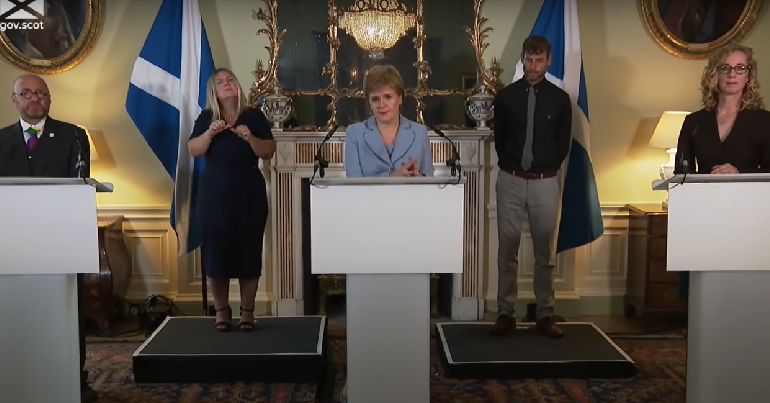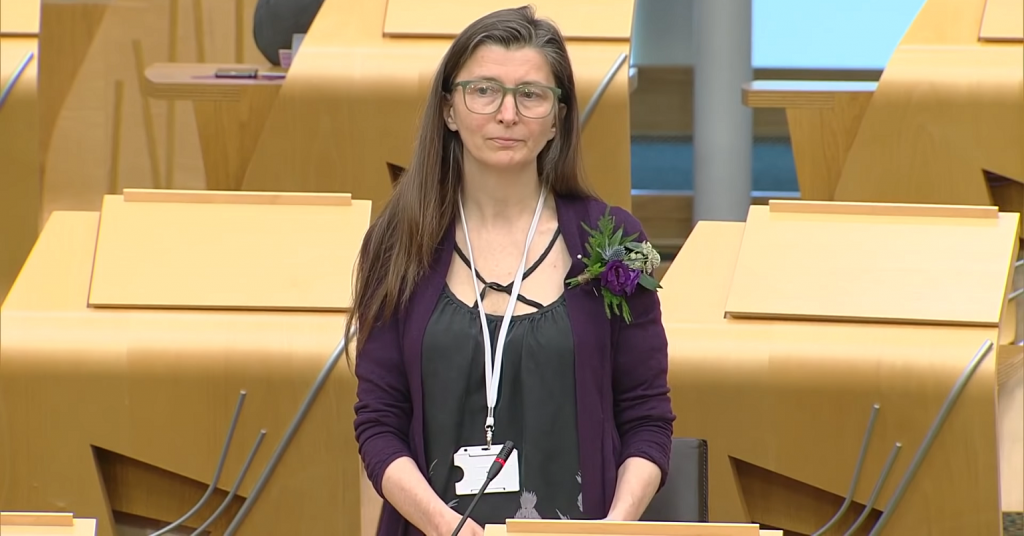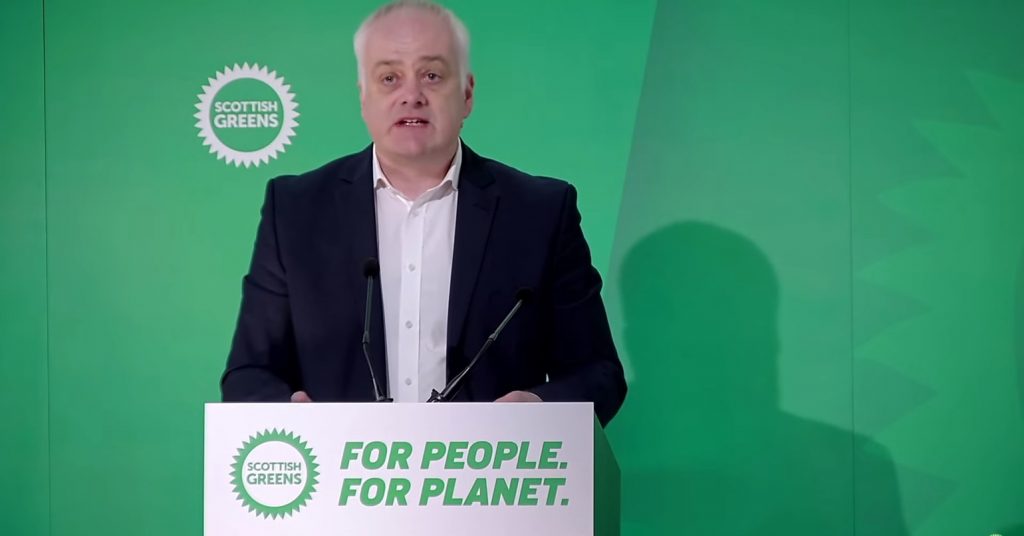Is this the future of party funding?

We all know the facts about parties. Most of their memberships are declining, and with falling subs they’re more and more relying on large donors – typically from wealthy people and major companies. But the Greens may have just discovered a much more democratic way of financing its future – tapping into something that’s been going for a while but has as of yet been little used by political groups: crowdfunding.
The Scottish Greens seem to have started a trend back in August, launching their Green Yes fund. They smashed their target of £5,000, securing £6,290 in just three weeks – providing a significant boost to the pro-independence campaign. Meanwhile their General Election crowdfunding campaign for next year easily soared past it’s £5,000 target with well over a month to spare.
It helped having a good social media presence, with the post-indy ref surge sending their Facebook likes past 40,000 and their Twitter followers over 24,000 – a significant reach in a country a tenth of the size of England. The indiegogo page was shared over 1,000 times on Facebook, spreading the Greens’ message and enabling even more donations. It spiralled. A definite campaign success.
Then Young Green Laura Packham launched her crowdfunder page for Plymouth Green Party, twice smashing their targets of initially £1,000 (within two days), then £2,000 – with a new target of three grand being well within reach over the remaining two weeks. With just two constituencies, £1,500 per seat is a decent sum for a Green Party candidate; £500 for a deposit and £860 for 70,000 flyers, leaving a bit spare for events and online promotion.
This now appears part of a concerted fundraising strategy under the fairly recently-recruited Fundraising and Operations Director Tom Beckett, with an official press release going out from GPEW at the end of October focusing on the crowdfunder.co.uk site (as opposed to say indiegogo or Kickstarter).
Beckett said: “Working with Crowdfunder allows the Green Party, which, unlike other parties, does not receive large corporate donations, to raise the money necessary to stand more candidates than ever before and potentially boost our representation in Parliament next year.”
He also states that five Green Party MP campaigns are potentially going live on Crowdfunder.co.uk over the next few weeks. It could be the start of something big, as well as potentially setting an example to other parties to democratise their funding.
Now platforms themselves seem to be hyping up this new relationship, with Newquay-based Crowdfunder publishing their own article praising the shift as the start of something positive (for them, obviously, too). Interviewing Laura, they state ‘If you would like to crowdfund your seat for the 2015 elections, upload your project today!’ Perhaps many will.
Laura explained her strategy: “Crowdfunding is a great way to engage because…finding and targeting supporters through social media is made much easier.
“For example, on stories published on Facebook relating to politics, you might find people who say ‘Vote Green’ and show support for the party – they are good people to target as you already know they are Green at heart. Or on stories about the Green Party…sharing the link in the comments section means it is likely to be viewed by supporters and people sympathetic to the cause.”
It’s not all success however – at least not yet. The West Midlands indiegogo campaign still has a fair way to go, having raised 5% so far, albeit with over 40 days remaining. Equally, the Peterborough and Fenland campaign has sadly only managed 2% thus far, with two weeks left. Make sure to give them a boost if you have a few quid to spare.
On many of these projects however – included the latter two – ‘Flexible Funding’ options mean that even if the target isn’t reached, the Greens still get whatever money is raised (with a small percentage going to the host platform), meaning it’s a win-win situation. Whatever you get online then is therefore just a bonus.
The Greens are pioneering what seems to be a great formula for mobilising finances through genuine people power. Lots of small donations from lots of different people, expanding knowledge of the Greens and reaching out to supporters who may not be members. Combined with an astonishing membership surge this year (and thus a corresponding surge in member subs), the Greens are in a good position going into the 2015 General Election. Mainstream parties: take note…




Crowdfunding clearly has a place in the future of politics, but its important note to not get carried away in hype.
“Offline crowd funding”, that is to say targeted post has been a big part of the London Green Party funding strategy. It worked, we virtually always hit our target, but to do so required some relatively bigger donations which were tied into 1:1 leverage deals.
I asked but we never got any breakdown of what were the average donations once you removed the statistical outliers. This is important to know as raising small amounts of money from existing networks with the green party membership is relatively easy. It is a middle class movement.
Crowd funding was also of course part of the Obama first presidential campaign. There are those who argue that his campaign actually blazed the whole crowd funding trail.
Also, whilst crowd funding for political parties is definitely going to add to the “pot” lets not be drawn into seeing it as a solution as ultimately it introduces a market mechanism into an issue that needs to disconnected from the market.
Thanks Ross – corrected!
Interesting point re. saturation – what do you think are the best ways to counter it?
Worth noting that the SGP crowdfund listed wasn’t for the GE, it was for the referendum which made it much easier to raise money for. It wasn’t the only one and we managed £11.3k in total for Green Yes and £5.5k for the European elections. The General Election fund was launched at conference in October and has also now comfortably exceeded it’s £5k target.
The danger with crowdfunds is saturation though. If we’ve got loads of candidates launching them soon they’re largely just competing against each other for the same pool of donors. They all have a local angle but its primarily the lefty twitterati.